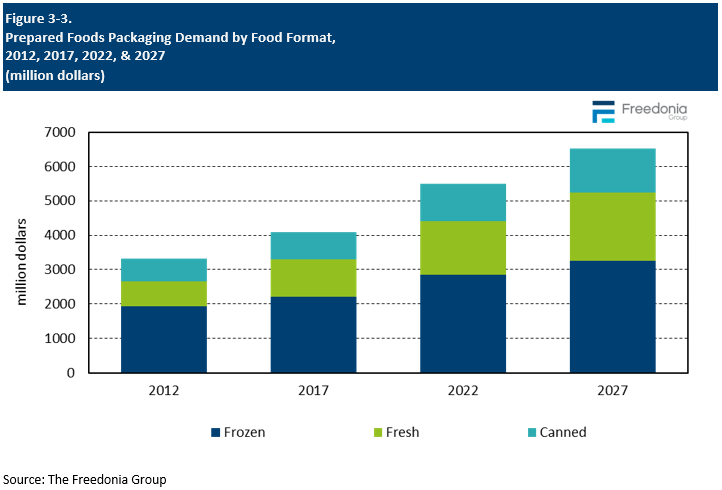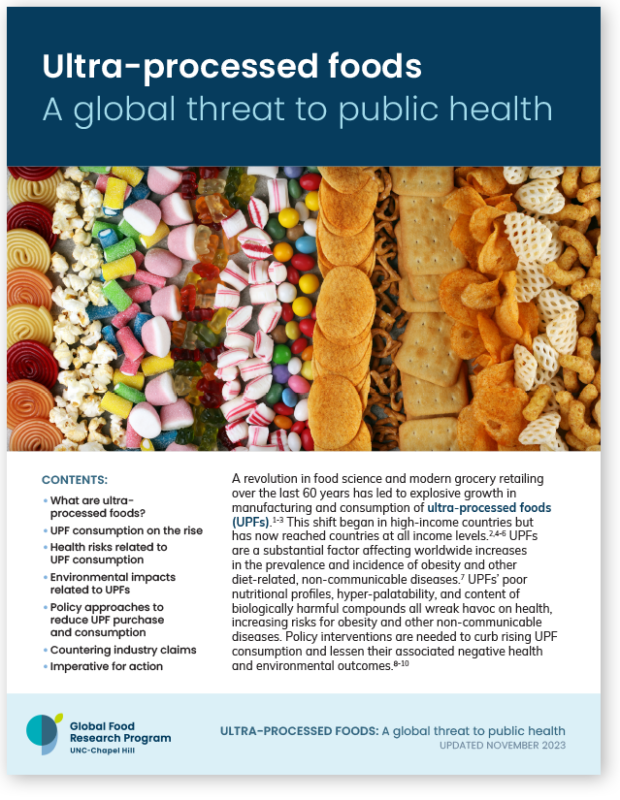Beyond Gas Prices - How the Russia-Ukraine War Impacts Global Vegetable Oil Supply

The year is 2024, and the world is still grappling with the economic aftershocks of the Russia-Ukraine war. While headlines often focus on the energy crisis, a less-discussed consequence is brewing – a potential upheaval in the global vegetable oil market.
The Sunflower Oil Shockwave
Ukraine and Russia are agricultural powerhouses, together responsible for a staggering 60% of global sunflower oil exports. The ongoing conflict has severely disrupted planting, harvesting, and transportation routes, causing a ripple effect throughout the global supply chain.
Data from the United States Department of Agriculture (USDA) reveals the extent of the disruption. In the 2021/2022 marketing year, sunflower oil production plummeted:
- Ukraine: Production fell to 11.8 million tonnes, a significant drop from the pre-war forecast of 17.5 million tonnes.
- Russia: While production remained relatively stable, exports faced restrictions and sanctions, further constricting global supply.
This shortage has triggered a domino effect, impacting other vegetable oils as countries scramble to secure alternative sources. Prices of palm oil, soybean oil, and canola oil have all experienced significant increases.
Beyond Cooking Oil: A Multifaceted Impact
The ramifications of this vegetable oil crisis extend far beyond our kitchens. Here's how:
1. Food Security Concerns:
Vegetable oils are not just a cooking staple; they're also crucial ingredients in a vast array of processed foods, baked goods, and snacks. The price surge and supply uncertainty threaten the affordability and accessibility of these essential foodstuffs, particularly in developing nations heavily reliant on imports.
2. Biofuel Production Under Pressure:
The rising demand for vegetable oils for food consumption puts pressure on their use in biofuel production. Countries striving to meet renewable energy targets may face difficult choices, potentially impacting biofuel mandates and further affecting agricultural markets.
3. Inflationary Pressures:
The rising cost of vegetable oils is a contributing factor to global food inflation. This disproportionately affects lower-income households who spend a larger portion of their income on food.
Navigating the Uncertain Future
The path forward in this evolving landscape remains uncertain. Here are some potential developments to watch:
- Peace Negotiations: A resolution to the Russia-Ukraine conflict would be the most significant factor in stabilizing the global vegetable oil market.
- Alternative Sources: Countries are actively seeking alternative sources of vegetable oils, boosting production in regions like South America and Southeast Asia.
- Consumer Behavior Shifts: The crisis might prompt shifts in consumer behavior, with potential reductions in consumption or a move towards alternative oils.
A Call for Awareness and Action
The ongoing vegetable oil crisis highlights the interconnected nature of global food systems and the far-reaching consequences of geopolitical events. Addressing this complex challenge requires international cooperation, sustainable agricultural practices, and a commitment to ensuring food security for all.


:max_bytes(150000):strip_icc()/dog-treats-glass-storage-container-3f5d7e36-81df4011d844459c9272c9c8404bc38d.jpg)













Comments ()